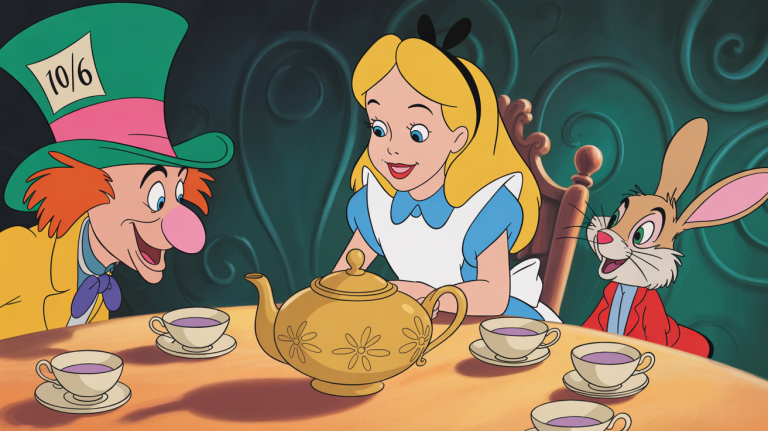How Acting and Creative Play Help Children Build Confidence and Social Skills

From living room performances to school talent shows, children naturally express themselves through play. But beyond being fun and imaginative, acting and creative activities offer real developmental value—especially in helping children build confidence, communication skills, and emotional intelligence.
For parents looking to raise well-rounded, resilient kids, encouraging expressive outlets like acting can be an easy and rewarding step. Whether your child dreams of being on stage or simply loves storytelling, the benefits of performing arts go far beyond the spotlight.
Why Creative Play Is Essential to Childhood Development
The power of creative play is backed by decades of research. According to the National Association for the Education of Young Children (NAEYC), pretend play supports everything from language development to problem-solving and emotional regulation. Children who engage in imaginative activities tend to be better at expressing feelings, understanding others, and managing stress.
Source: NAEYC – The Case for Make-Believe
When acting is layered into play—whether through role-playing, puppets, or short skits—children learn to step into someone else’s shoes. This fosters empathy, perspective-taking, and confidence in speaking up and being seen.
Acting Builds Confidence, One Role at a Time

Self-esteem isn’t built by being told you’re great—it’s built through trying new things, overcoming challenges, and seeing progress. Acting offers all of that in one engaging activity.
Children who participate in performances gain:
- Comfort speaking in front of others
- Greater control over voice and body language
- Practice managing nerves and stage fright
- A sense of pride in effort and teamwork
These skills translate well into school, social settings, and future leadership roles. For kids who are naturally shy, acting provides a safe and structured way to explore boldness and expression.
For those ready to try something beyond local drama classes, parents can even explore introductory casting calls that cater to beginners. These range from student films to commercial work—always age-appropriate and often remote.
The Social Benefits: More Than Just Stage Time
Acting is inherently social. Whether rehearsing lines with others, taking direction from a teacher, or responding to cues in a scene, kids must engage actively and respectfully.
The Harvard Graduate School of Education emphasizes that arts-based learning—particularly theater—helps children develop collaboration skills and emotional regulation. It also supports stronger peer relationships by encouraging trust and shared goals.
Source: Harvard GSE – The Arts and Social-Emotional Learning
When children learn how to listen, wait their turn, and support their scene partners, they also learn how to navigate real-world friendships, group projects, and family dynamics.
Curious About Acting? Here’s Where to Begin
If your child shows interest in acting, you don’t have to jump straight into auditions. Start small:
- Enroll them in a local acting or drama club
- Encourage role-play games or storytelling at home
- Attend live performances and discuss what they observed
- Help them build confidence by performing for family or friends
For those who want to go further, there are safe and supportive resources that guide families through how to become an actor at any age. These beginner-friendly materials help parents and kids understand what’s involved and how to get started responsibly.
Final Thoughts
Acting and creative play aren’t just about entertainment—they’re powerful tools that help children grow into confident, expressive, and emotionally intelligent people. When kids are encouraged to try new things and express themselves in fun, imaginative ways, they build resilience, curiosity, and connection.
Whether your child is a natural performer or just beginning to explore, supporting their creativity could be the spark that shapes their confidence for years to come.






